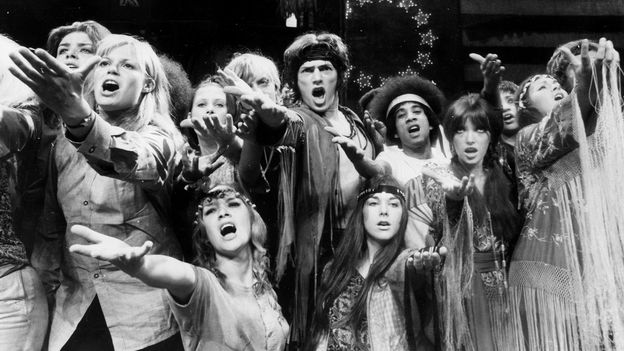Introduction to Theater Censorship
The Lord Chamberlain, a position in the British government, was responsible for censoring theater productions from 1737 to 1968. This meant that any play or musical that was deemed too racy, explicit, or critical of the government would be rejected or heavily edited. The Lord Chamberlain’s office was notorious for its strict guidelines and conservative values, making it difficult for artists to express themselves freely.
The Theater License Act
The Theater License Act, passed in 1737, gave the Lord Chamberlain the power to censor theater productions. This law was enacted during the reign of Prime Minister Robert Walpole, who was tired of being caricatured in plays like John Gay’s "The Beggar’s Opera". The Lord Chamberlain’s examiners would read scripts and attend theater productions to ensure that nothing would offend the public or satirize the government.
Problematic Decisions
The Lord Chamberlain’s office made many decisions that were problematic and often contradictory. For example, in the 1930s, a play about Adolf Hitler was rejected to avoid insulting the Nazi regime. In the 1950s and 1960s, the Lord Chamberlain clashed with the Royal Court Theater over productions that were deemed too racy or subversive. Many playwrights, including Joe Orton and Edward Bond, had their works heavily edited or rejected by the Lord Chamberlain.
The Royal Court Theater’s Struggles
The Royal Court Theater, a prominent theater company in London, regularly struggled with the Lord Chamberlain’s office. The theater’s artistic director, William Gaskill, stated in 1968 that "for many years we have not been able to play many plays in this theater in the language in which the author wrote it". This highlights the frustration and creativity that many artists felt during this time.
The End of an Era
The Lord Chamberlain’s era of censorship finally came to an end in 1968, with the passage of a new theater law. This law abolished the Lord Chamberlain’s office and allowed for greater freedom of expression in the theater. The BBC noted at the time that "the stage is set for some challenging experiments" and that "the game visitors enter into a new, freer era in theater history".
A New Era of Freedom
With the abolition of the Lord Chamberlain’s office, theater productions were finally able to push the boundaries of what was considered acceptable. Musicals like "Hair" were able to feature explicit content, including songs about sex, drugs, and interracial relationships. This marked a significant shift in the theater world, as artists were finally able to express themselves freely without fear of censorship. The dawn of this new era was a significant moment in theater history, paving the way for more experimental and subversive works to be produced.

